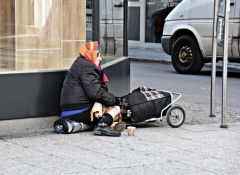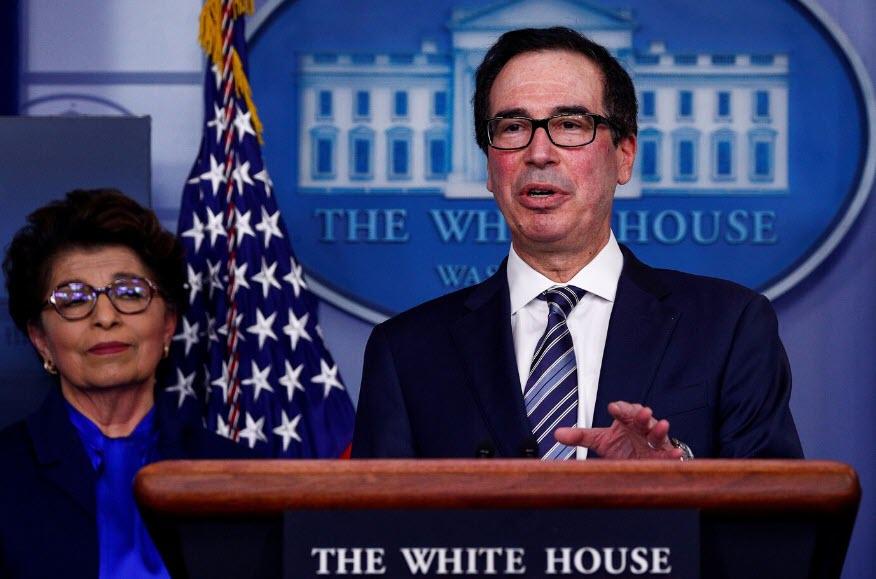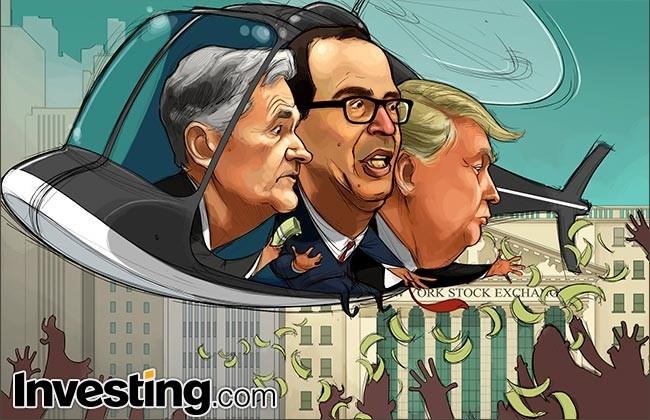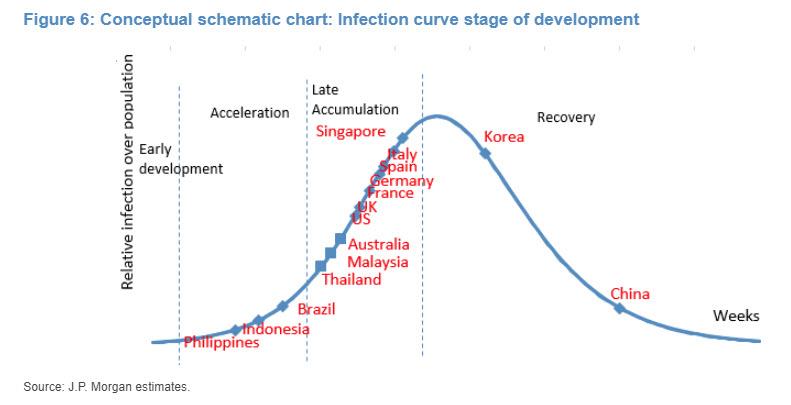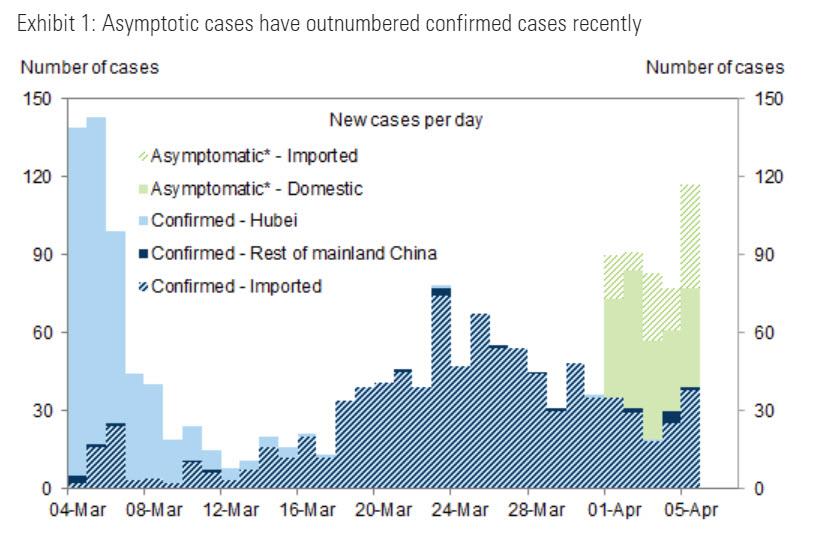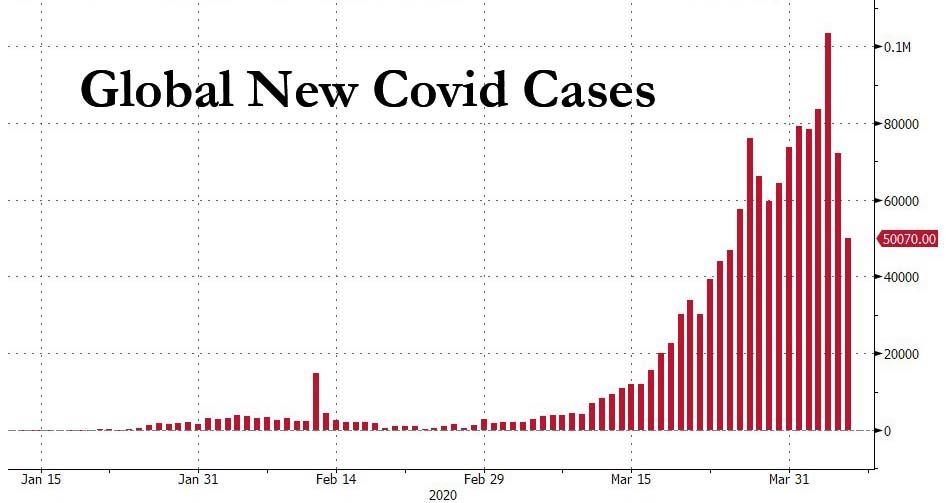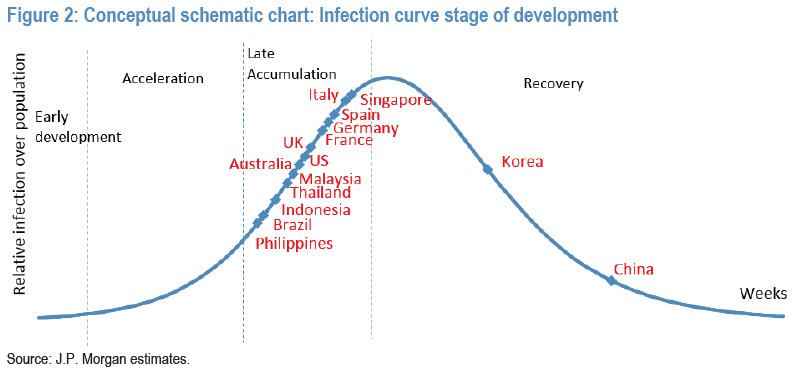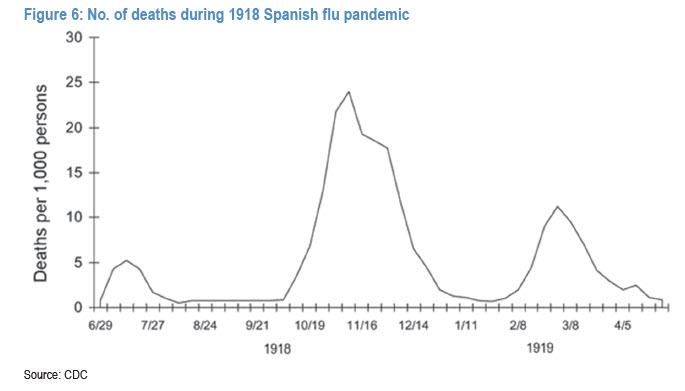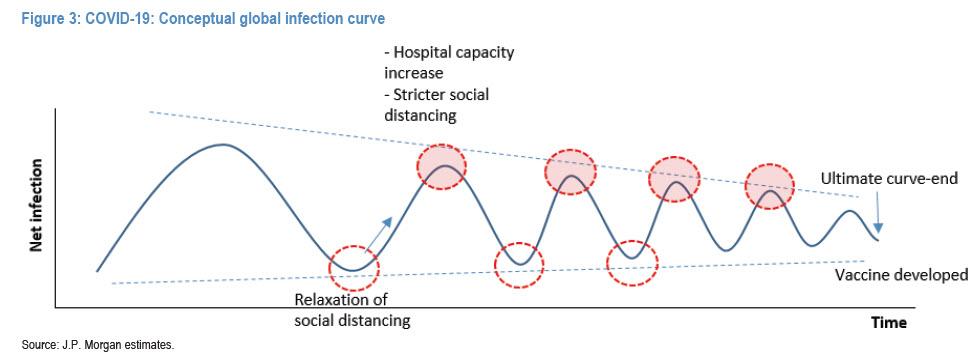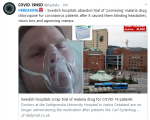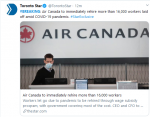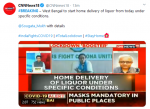ZeroHedge - On a long enough timeline, the survival rate for everyone drops to zero

www.zerohedge.com
Government To Decide What Items Are Essential Purchases And What Things You're Not Allowed To Buy
Tue, 04/07/2020 - 23:40
Authored by Daisy Luther via The Organic Prepper blog,
Living under lockdown restrictions,
prevalent in nearly every state, is
about to get a whole lot worse. The government in the United States and Canada has decided to take away the guesswork in the stores that are still open and
decide for you what’s “essential” and what’s not.
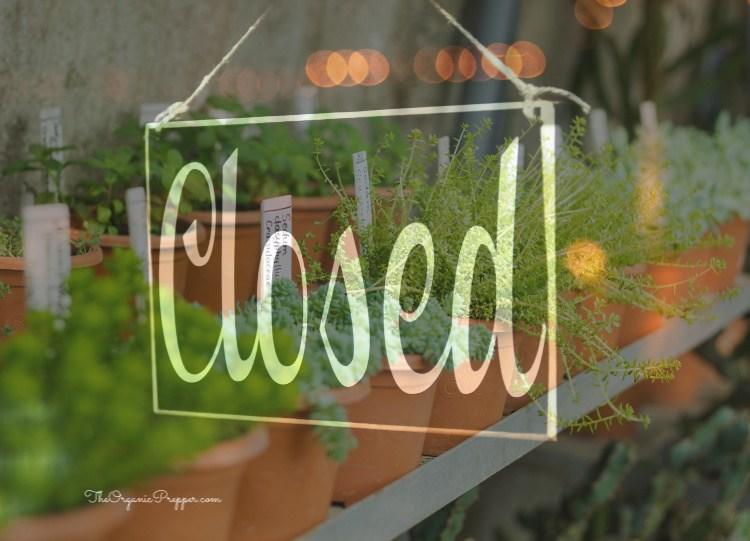
When I have gone to the store to pick up groceries (I’m still getting fresh produce while I can), I also like to pick up a couple of things that are pleasant diversions: magazines, a crossword puzzle book, coloring pencils, some craft supplies. It’s nice to have some things that are enjoyable on hand to keep lockdown from feeling so grim and torturous. If the store is already open, getting a sunny yellow pillow for the living room is a pick-me-up, not a frivolous jaunt to a place I wasn’t already going. When we had a birthday in the family, we even picked up a few small gifts on our regular trip to the grocery store to provide a sense of normalcy.
But the days of getting a random item to brighten a family member’s day may be numbered. The government (at least in some places) wants to make this already unpleasant time as dismal as possible for us all.
Vermont has started a worrisome trend.
Vermont has decided to choose for you what is essential and what is not, banning the sale of non-essential items at stores like Target, Walmart, and Costco.
Retailers are asked to close certain areas of the stores, rope them off to deny access, or pull non-essentials from their shelves.
What’s considered non-essential?
The
Burlington Free Press reports the following items have been deemed non-essential purchases:
- Arts and crafts items.
- Beauty supplies.
- Carpet and flooring.
- Clothes.
- Consumer electronics.
- Entertainment (books, music, movies).
- Furniture.
- Home and garden.
- Jewelry.
- Paint.
- Photo services.
- Sports equipment.
- Toys.
So a store you’re already at is telling you that grabbing some hand lotion to soothe your dry, cracked skin from the constant application of hand sanitizer is non-essential? Getting a book to read while you’re locked down is against the rules? You can’t do a home improvement project while you’re stuck at home?
I fail to see how this is going to stop the spread of a coronavirus if the shopper is already at the store and the employees are also already at the store.
In fact, it seems to me that this would be helpful to
our gasping and dying economy. But what would I know? Dinesh Iyer, Assistant Professor of Management at Rutgers School of Business-Camden, says the stores don’t need our frivolous little purchases.
It’s rather curious how Iyer thinks us “common folk” will be able to do those things around the house and learn new skills without the supplies to do so.
One of the most alarming things is that garden supplies are considered non-essential.
Of all the times in the world you need most to plant a garden, now is the time. But in Vermont’s directive, even the sale of garden supplies is non-essential.
And readers shared this photo from a store in Vermont.
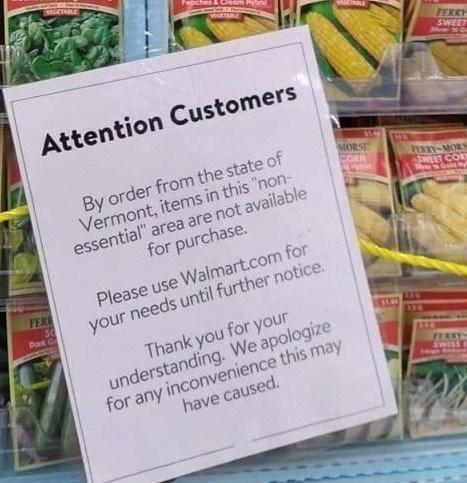
The government of Vermont says that it isn’t really accurate.
Okay. You can just buy them online…or can you?
Buying seeds online isn’t an option either.
Almost every seed company readers in the preparedness community have tried to make purchases from has said, sorry, but we’re just selling to commercial operations this year.
Johnny’s Select Seeds has the following announcement on their home page:
- At this time, we are accepting new orders only from commercial farmers shipping to the U.S. and Canada and international wholesale customers. We plan to resume taking orders from all customers on April 14th. This restriction applies to all orders placed via our website, phone, and email. This was a difficult decision and we apologize for the inconvenience.
- Commercial Farmers only: Please login to your website account before placing your order or call our contact center at 1-877-564-6697 for assistance. If you have forgotten your password, you can find information on resetting your password here.
- Orders placed with our standard shipping option prior to March 31st, 2020 may experience a shipment delay of 5–10 days. Commercial orders placed on or after March 31st, 2020 may experience a shipment delay of 1–2 days.
- You may experience a longer than usual response time when you phone in your order, call on us to answer growing questions, or email us to make inquiries.
- We have closed our retail store in Winslow, Maine, and will not be hosting farm tours until further notice.
So…you can’t get seeds from your local Walmart garden center if you’re in Vermont and you can’t order seeds from seed stores. Good luck with that garden you were hoping would help see you through this disaster unless you’ve already got seeds put back from previous years.
What can we expect?
I think it’s extremely likely that Vermont’s idea will catch on and spread across the country. Just like lockdowns began in a couple of areas then spread state by state, don’t be surprised when this trend does also. The province of Ontario in Canada has just
closed all their hardware stores and is limiting purchases only to curbside pick-up. Here’s what you need to be prepared to see:
- Don’t expect that you’re going to be able to pop over to Lowes or Home Depot to pick up seedlings – or even seeds – for your summer garden.
- Don’t expect that you’ll be able to replace your children’s flipflops or sandals for the summer regardless of the growth of their feet – this could be considered “non-essential.”
- Don’t expect to be able to replace clothing for growing children – at least not in person.
- Don’t expect to get any summer toys for the kids to play with while they’re in the back-yard – non-essential.
- Don’t expect to be able to buy a bigger size of pants because you ate all your quarantine candy. You’re going to have to squeeze yourself into your old pants.
- Don’t expect to be able to get the fabric to make masks – remember? Craft supplies are non-essential.
Really, don’t expect anything. Because for some reason, it seems like governments want to make an already difficult and stressful time even worse by taking away the possibility for any kind of pleasant past-time unless you already have all the supplies you need for that.
This senseless crackdown not only makes things even more unpleasant, but it takes away even more streams of revenue for struggling businesses. And more than that, it’s limiting our ability to be as self-reliant as possible, leaving people to fight it out at the grocery store for dwindling resources with few options for creating our own food supplies.
Those living in Vermont have unfortunately missed their window for anything but mail order. For the rest of us,
if there are some things you were hoping to get – be it new curtains, paint for the living room, tile for the bathroom, pots for your container garden, or the supplies to make a new chicken coop –
you’d better get it now before your state follows the lead of Vermont.

